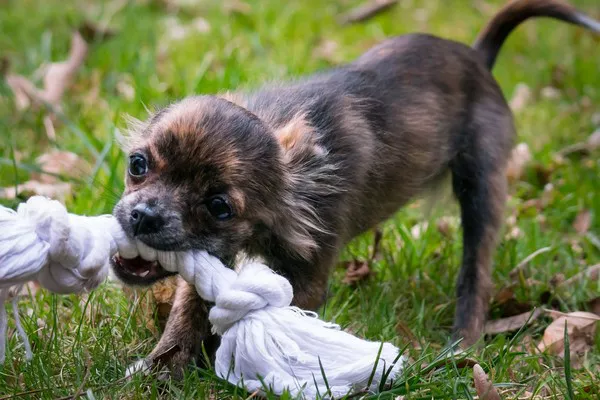Vietnam’s pet food sector is poised for significant growth in 2024 as the U.S. Department of Agriculture Foreign Agricultural Service (FAS) announced a substantial allocation of $170,000 in federal funding. This investment is intended to bolster collaboration and facilitate increased investment from American companies within the Vietnamese market. The funding, channeled through FAS’ Market Access Program (MAP), has been earmarked for the American Feed Industry Association (AFIA). The AFIA has pledged to utilize these resources to expand access, support, and export of U.S. animal food products to both Vietnam and China.
According to insights from Dezan Shira & Associates, a leading provider of business intelligence and advisory services in Vietnam and the broader Asian region, there exists ample opportunity for U.S. investments in Vietnam’s pet food industry, particularly in the domains of raw material procurement and manufacturing processes. Presently, local pet food producers predominantly utilize rice as a primary ingredient, with limited adoption of maize or corn. This paradigm offers a strategic opening for U.S. companies to introduce cost-effective alternatives to rice and augment the supply chain with additional raw materials, including additives and specialized nutritional supplements, currently imported by Vietnam.
Moreover, Vietnam stands to gain substantially from U.S. investments in knowledge dissemination and technology transfer. The majority of Vietnamese pet food manufacturers operate with outdated machinery and technology, which not only incur significant operational costs but also constrain production capacities in terms of volume and quality. AFIA’s intervention can facilitate the introduction of advanced methodologies and technologies, thereby enhancing production efficiency and product quality within the sector.
In addition to technological advancements, Vietnam’s animal farming sector stands to benefit from AFIA’s expertise in understanding the efficacy of U.S. animal food products in enhancing animal health and productivity. The dissemination of this knowledge can significantly augment local agricultural practices, ultimately contributing to improved livestock yields and overall farm productivity. Furthermore, AFIA’s initiatives can also educate Vietnamese pet owners on the importance of providing complete and balanced diets to their pets, thereby promoting animal welfare and longevity.
Despite being categorized as one of the least developed pet food markets in Asia, Vietnam exhibits promising growth potential, underlined by a burgeoning pet ownership rate. Recent data from TGM Research’s 2023 Pet Care survey in Vietnam revealed that 67% of respondents reported owning one or more pets, with dogs comprising 74% and cats 51% of the total. This escalating trend in pet ownership underscores the burgeoning demand for pet-related products and services within the Vietnamese market.
Furthermore, U.S. companies seeking to establish a foothold in Vietnam can explore collaborative opportunities with local Original Equipment Manufacturers (OEM) for manufacturing and warehousing facilities, or opt for strategic distribution partnerships with indigenous firms. Such collaborations can expedite market entry and enhance market penetration for U.S. brands within the Vietnamese landscape, thereby fostering mutually beneficial alliances and driving economic growth within the pet food industry.
In conclusion, the infusion of financial resources and expertise from the U.S. Department of Agriculture, coupled with strategic collaborations between American companies and their Vietnamese counterparts, heralds a new era of growth and innovation within Vietnam’s pet food industry, positioning the sector for sustained expansion and prosperity in the foreseeable future.






















